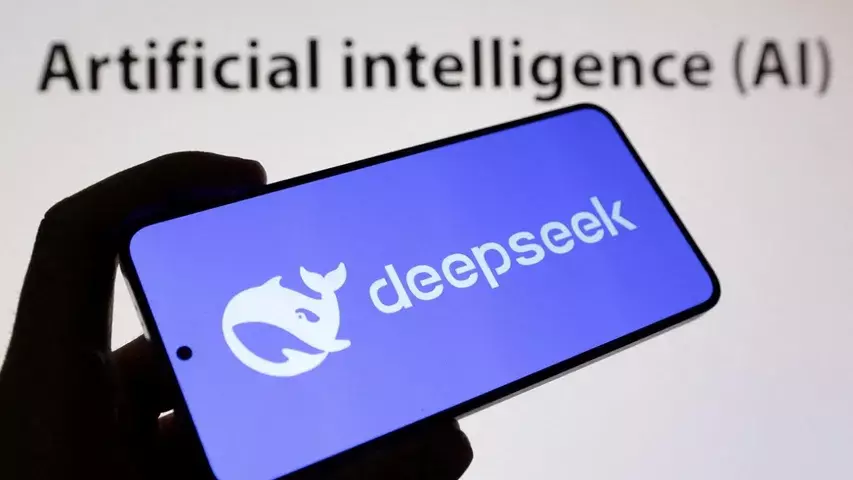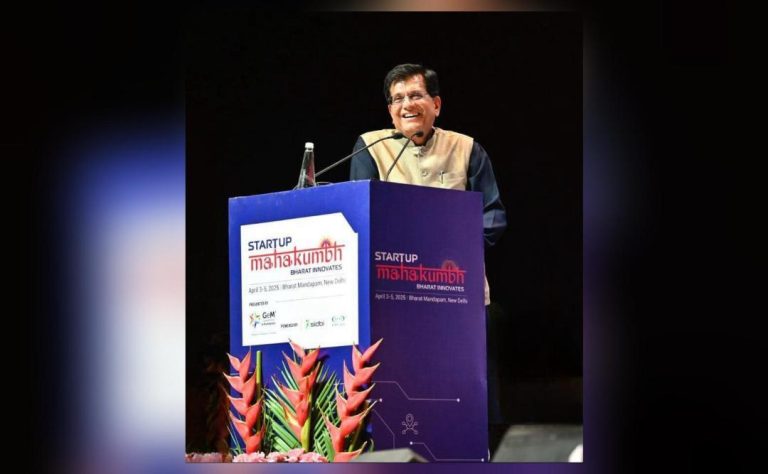
US Bill Proposes DeepSeek Ban, 20-Year Jail Term for Users
In the latest development in the ongoing tensions between the United States and China, US lawmakers have introduced a bill to ban Chinese AI models like DeepSeek, citing national security concerns. The proposal, led by Senator Josh Hawley, would impose up to 20 years in prison or a $1 million fine for users who download and use the app.
DeepSeek is a Chinese AI-powered app that has gained popularity globally for its ability to provide users with personalized investment advice and trading recommendations. However, the US lawmakers claim that the app poses a significant threat to national security due to its ability to collect and transmit sensitive user data to its Chinese developers.
The proposed bill, titled the “Protecting American Intellectual Property Act,” aims to prohibit the use of foreign-made AI-powered apps that can collect and transmit sensitive user data to foreign governments or entities. The bill also seeks to impose strict penalties on individuals who violate the ban, including up to 20 years in prison and a fine of up to $1 million.
Senator Josh Hawley, who introduced the bill, stated that the legislation is necessary to protect American intellectual property and national security from the growing threat of Chinese surveillance and data collection. “We cannot allow foreign-made apps that can collect and transmit sensitive user data to foreign governments to operate freely in our country,” Hawley said in a statement. “This bill will help to ensure that our personal data is protected and that our national security is not compromised by foreign-made AI-powered apps.”
The proposal has sparked concerns among tech experts and users who rely on DeepSeek for their financial decisions. “This bill is a clear overreach by the government and will only serve to stifle innovation and harm American businesses,” said Dr. Lisa Nguyen, a leading expert on AI and data privacy. “DeepSeek is a legitimate app that has been thoroughly vetted and is used by millions of people around the world. There is no evidence to suggest that it poses a national security threat.”
The proposal also raises questions about the role of the government in regulating the use of AI-powered apps and the potential impact on users’ privacy. “The government has a responsibility to protect its citizens’ privacy, but it should not do so by imposing draconian penalties on individuals who use legitimate apps,” said Dave Maass, a senior investigative researcher at the Electronic Frontier Foundation. “Instead, the government should work with tech companies to develop more effective and nuanced solutions that balance national security concerns with individual privacy rights.”
The passage of the bill remains uncertain, and it is likely to face opposition from tech companies and civil liberties groups. However, the proposal reflects growing US-China tensions over AI dominance and data security, and it marks a significant escalation in the ongoing debate over the use of Chinese-made AI-powered apps in the United States.
In the meantime, users of DeepSeek and other Chinese-made AI-powered apps are left wondering about the fate of their favorite apps and the potential consequences of using them. While the proposal is still in its early stages, it is clear that the debate over AI-powered apps and national security is far from over.






